[Yvonne Barrett, St Andrews Lutheran College, Queensland, Australia]
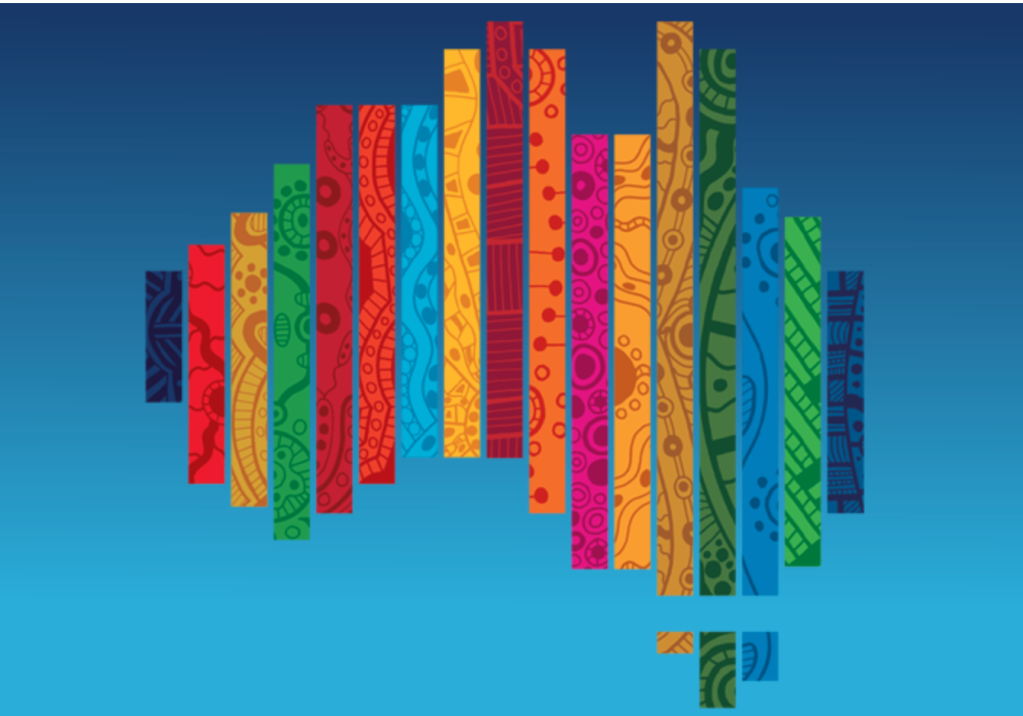
The focus this week is a broader reflection on practice and curriculum as related to the United Nations Sustainable Development Goals.
Resources are expanded to include a variety of formats including primary sources, print, videos and organisations that can be useful resources to connect with curriculum and stimulate action to support the Development Goals. These can be used within either a secondary and/or primary education settings.
Primary sources are often underutilized and worth a closer exploration to support the Global Goals.
Living Books/Library
Living books may be teachers, people from the broader community or experts in the field. Anyone can be a “living book”! The school library is the perfect physical and virtual space for these Living books to share their stories and for a moment to allow the ‘reader’ (students) to empathise and to walk in someone else’s shoes. “Living books” are people willing to share their stories – I am the story – The story is me.
The Living Library Project shows the power of story and reminds us of our shared humanity. The concept of the Living Library shows us that if we make the effort to listen to and understand people, we begin to see beyond our own world.
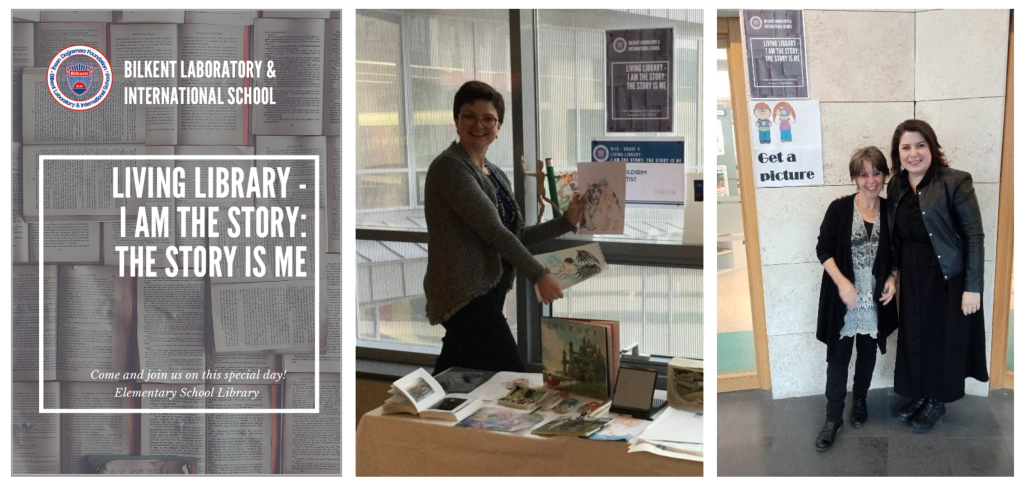
Right: The author, with PYP coordinator, Merve Korkmaz, who drove the creation of the Living Library Project at Bilkent Laboratory and International School, Ankara, Turkey.
This school Living Library project was organised collaboratively by the Primary Years Coordinator and the librarian, and was run in 2019 and then in 2020. I wrote up the experience for the IBO “The SharingPYP Blog” in November 2019 — read article here.
The concept is based on the Human Library Organisation: https://humanlibrary.org/
See also other related resources Human Library Australia: https://www.humanlibraryaus.org/
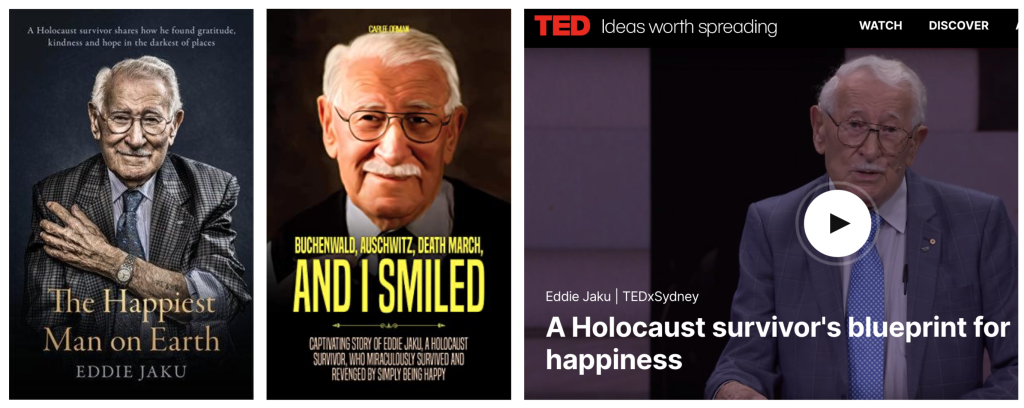
– Buchenwald, Auschwitz, Death March, and I Smiled: Captivating Story of Eddie Jaku, a Holocaust Survivor, who Miraculously Survived and Revenged by Simply being Happy by Carlee Orman (2021) / Biography
– Eddie Jaku TEDx Sydney Talk (2019)
Eddie recounts his experiences and his life’s lessons. He reminds us of the necessity for universal peace and the need to ensure that all human beings can fulfil their potential in dignity and equality.
One of the most powerful stories to listen to and share is that of 99 -year-old holocaust survivor Eddie Jaku in his deeply moving TEDx (Sydney 2019) talk, A holocaust survivor’s blueprint for happiness.
I’m doing everything I can to make this world a better place for everyone, and I implore you all to do your best too. Let us ensure that this terrible tragedy, the worst in the history, may never happen again and also will never, ever be forgotten.
The transcript to the talk is available in 13 languages.
Follow this by reading his autobiography The Happiest Man on Earth, published 2020 by Pan Macmillan Australia.
Graphic novel/picture book
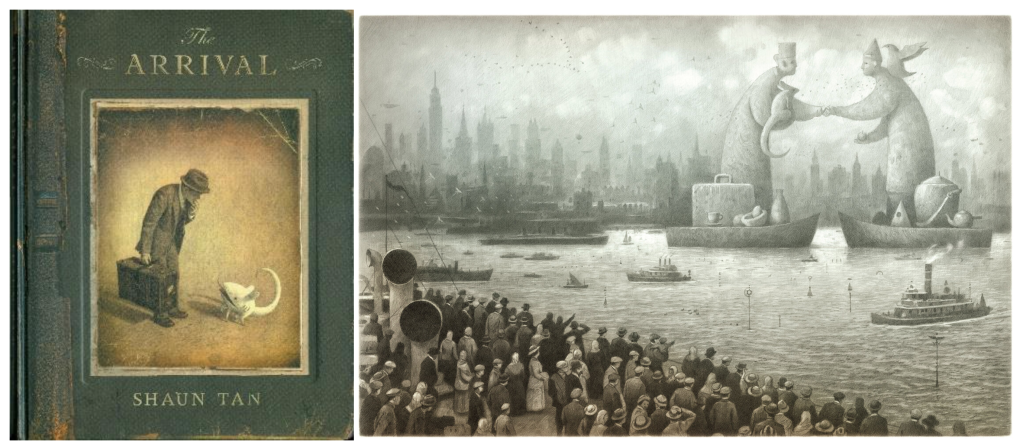
Listen to author Shaun Tan speak about his book The Arrival in a short video by the publisher Hatchette Australia Books.
Central themes are displacement, migration, tolerance, pluralism, and multiculturalism. For Shaun Tan he encourages the reader to look beyond the ‘ordinariness’ of our own circumstance and consider different perspectives – to walk in another’s shoes.
Then explore the brilliant visual imagery of the book, followed by his website which gives further background to the author and his books: https://www.shauntan.net
Nonfiction
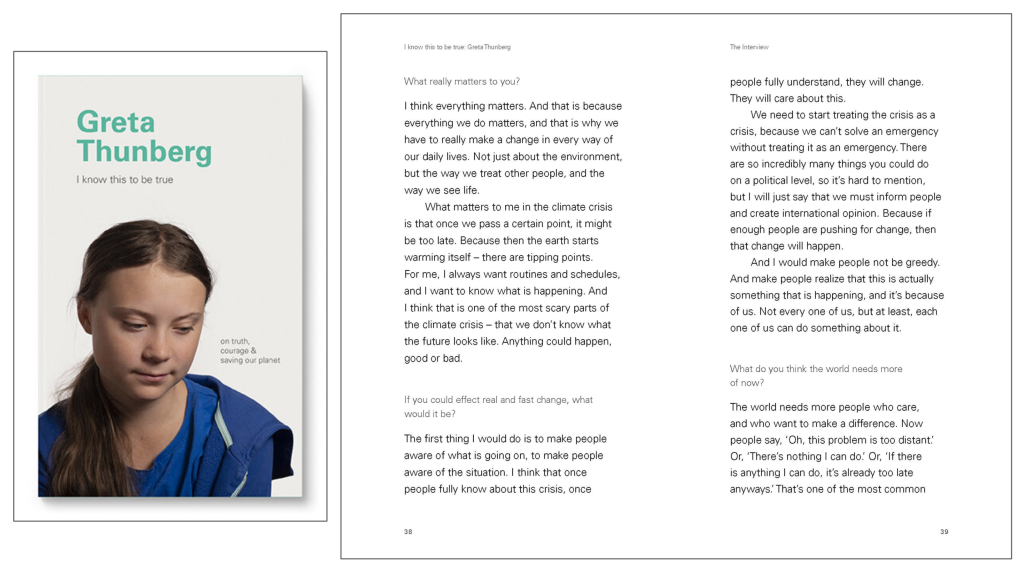
The I Know This to Be True series of titles created in collaboration with the Nelson Mandela Foundation are based on extraordinary figures from diverse backgrounds such as Nelson Mandela, Ruth Bader Ginsberg, Greta Thunberg, Jacinta Ardern, Waleed Aly, Bryan Stevenson and Simone Biles.
These people answer the same questions, sharing their compelling stories, guiding ideals, and insightful wisdom.
The books are short reads and engage students with stories of leadership, courage, compassion, and hope. Royalties from sales of the books support language translation and free access to material from the series, in all countries with developing economies, or economies in transition, as defined by United Nations annual classifications.
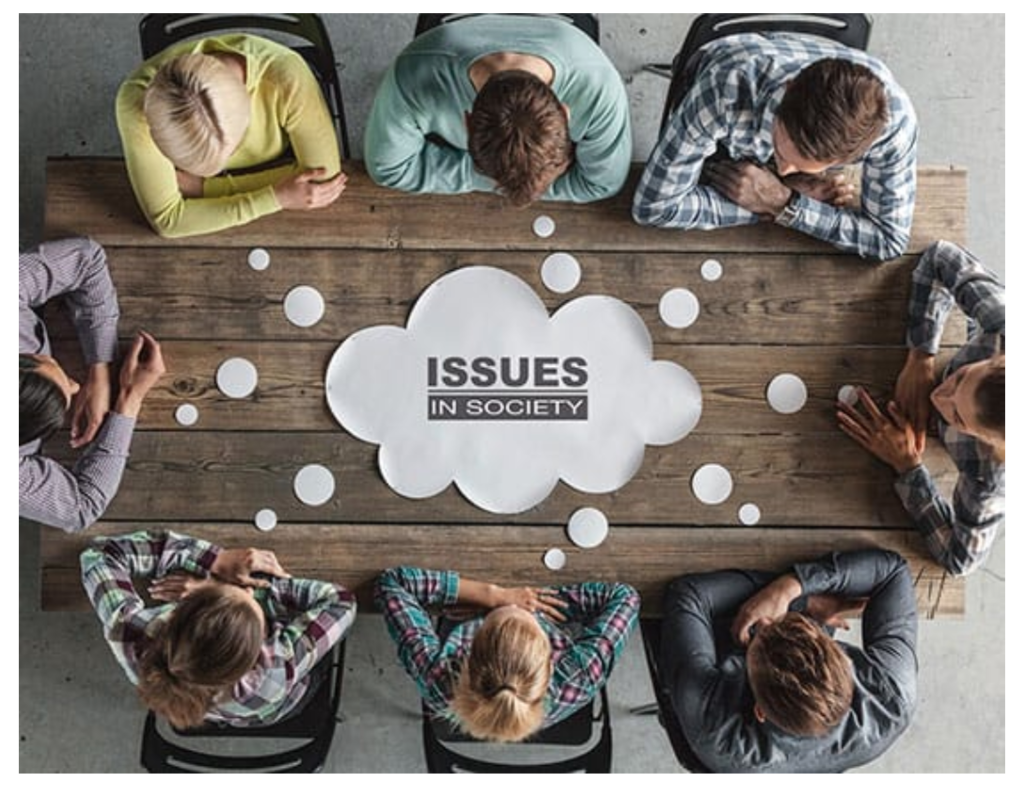
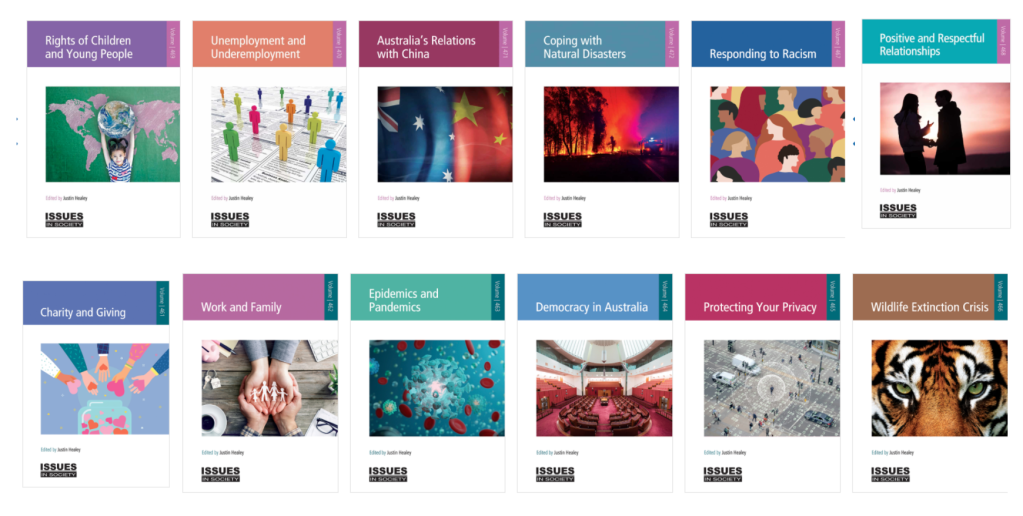
Issues in Society series is an Australian publication by Spinney Press which annually releases 12 new titles on different social issues. Each book includes a thoroughly researched collection of the latest news, facts, statistics, and commentary from trusted sources and are available as print or digital copies.
Many titles connect with the Global Goals for Sustainable Development and are excellent resources to encourage debate and stimulate critical conversations and research.
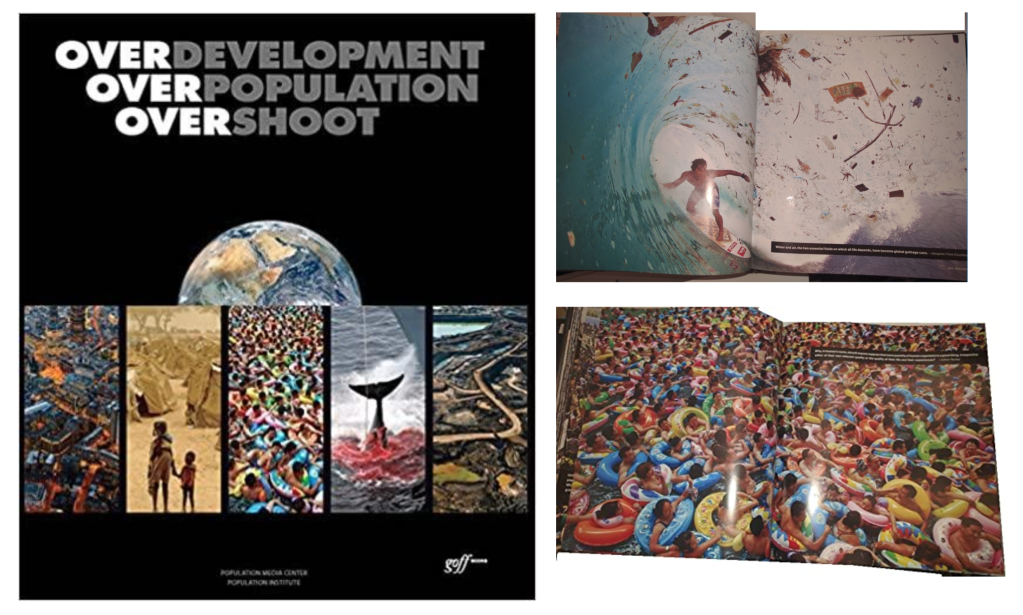
This ‘coffee table’ size book will provoke conversations among students. It includes a series of photo essays which considers the global demographic explosion and the extent of damage that human numbers and behaviour have caused to the Earth.
There is a website that gives background to the book and the organisation Population Speakout: https://populationspeakout.org/the-campaign/overview/
Taking Action
For students, the concept of action can be challenging. What does it look like? How do we make a difference? These books below show how action can take many forms including participation, advocacy, social justice, social entrepreneurship, and lifestyle choices.
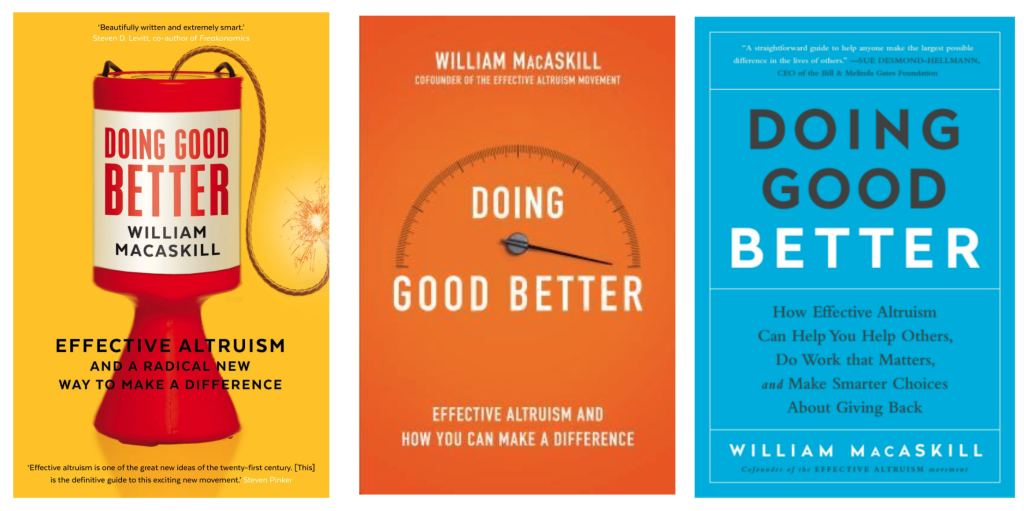
Doing Good Better reassess how we can most effectively help others. This book is a guide showing how through simple actions we can improve others (and our own) lives. It is based on the concept of ‘effective altruism’ of using evidence and reason to think about how best to help others and to take action ourselves.
The author, William MacAskill, is a Scottish philosopher, ethicist, and one of the originators of the Effective Altruism movement as well as an Associate Professor in Philosophy at the University of Oxford, a researcher at the Global Priorities Institute at Oxford and Director of the Forethought Foundation for Global Priorities Research.
See also the non-profits organisation, Giving What We Can: https://www.givingwhatwecan.org/
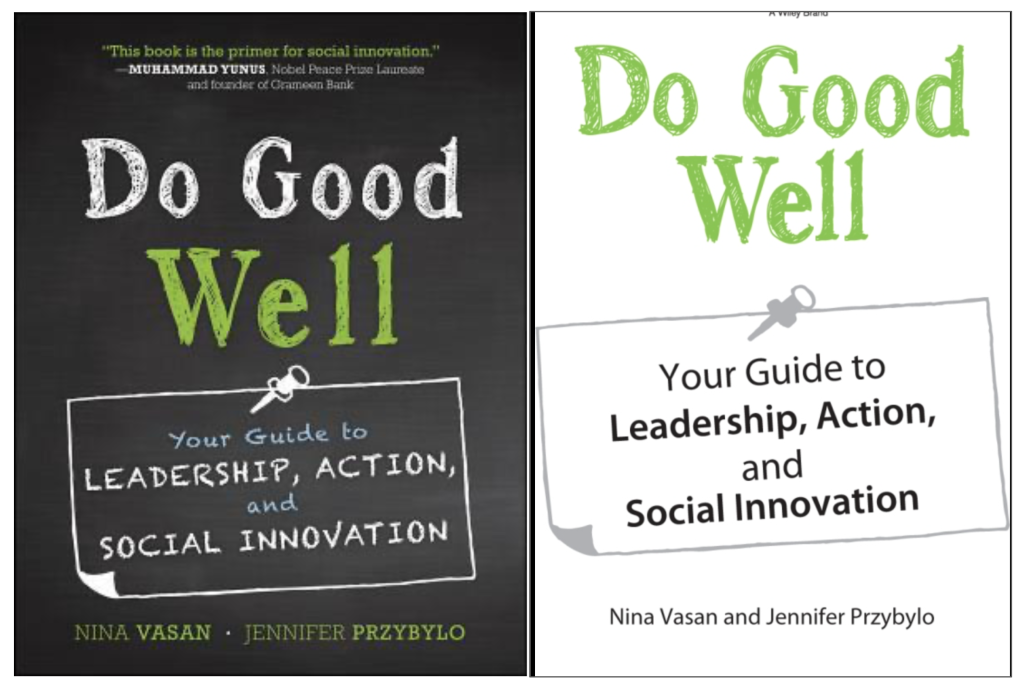
Here is another practical resource that focuses on action based on our passions and concerns.
The authors take the reader through a 12-step process which is organised by: Do What Works, Work Together, and Make It Last. This is an exemplar of young people in action and gives strategies that can be taken to affect social change.
KIVA is an international non-profit organisation that uses crowdfunding to make a difference. Kiva creates the opportunity to play a special part in someone else’s story. At Kiva, loans aren’t just about money—they’re a way to create connection and relationships and change lives.
Students can make connections between the Sustainable Goals while making a difference to globally support entrepreneurs who otherwise would not have the financial means to establish their business ideas. Kiva borrowers work in many industries. They may be farmers, artisans, students, shopkeepers, builders, or restaurant owners.
It is based on microeconomics and helping multiple people over a long term rather than a one-off donation. https://www.kiva.org/
Yvonne Barrett is a teacher librarian who has worked in public and international schools for over 27 years, in Australia, Singapore, Portugal, Japan, and Turkey. She is a workshop leader for the International Baccalaureate Organisation (IBO), and has been involved with “The Role of the Library” workshops since their inception in 2004. She is now enjoying life and work, in a secondary library, in her home country of Australia. Yvonne is passionate about books, reading and making connections with people — and loves walks along beaches and has just taken up the craft of knitting. Twitter: ylbarrett
Note: all the books highlighted during this month of SDGs can be found on this GLLI Goodreads shelf.
What are your favorite books that relate to the UN Sustainable Development Goals? Please share them in the comments. Let’s make this a conversation and work on the goals together.
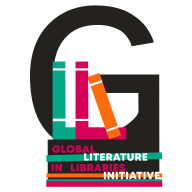
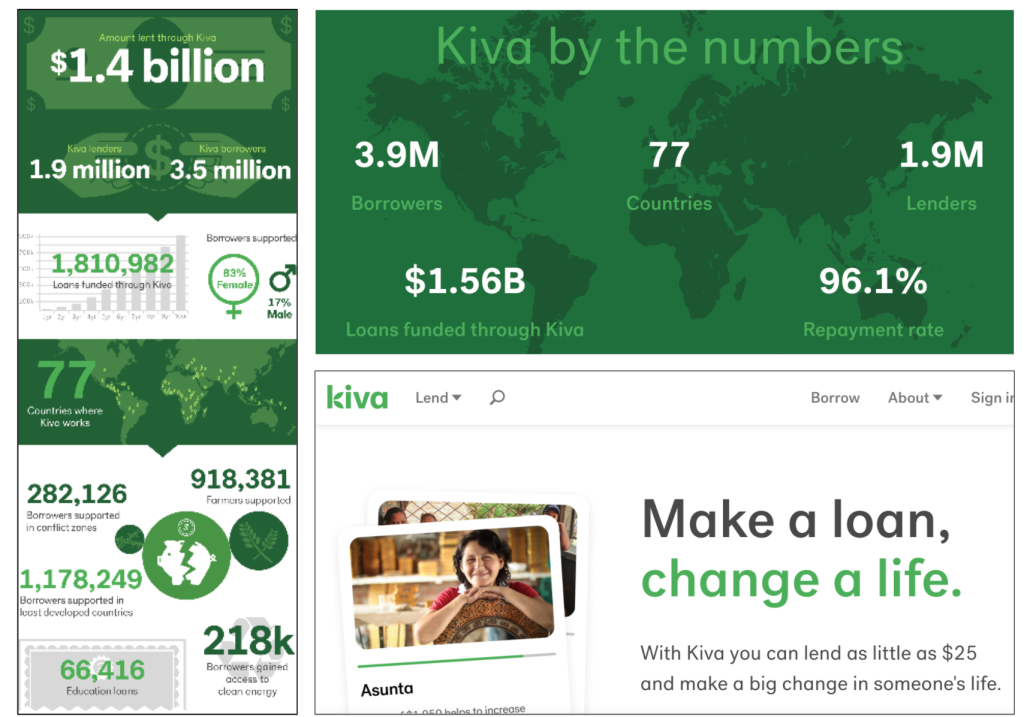
One thought on “UN SDGS: Primary Sources Plus”